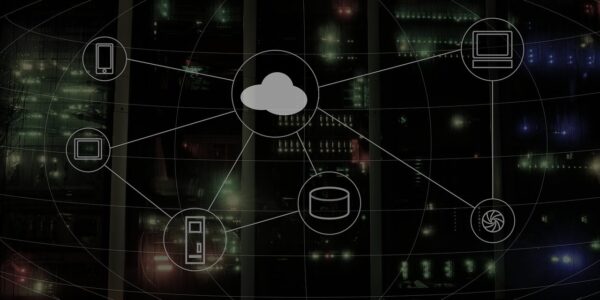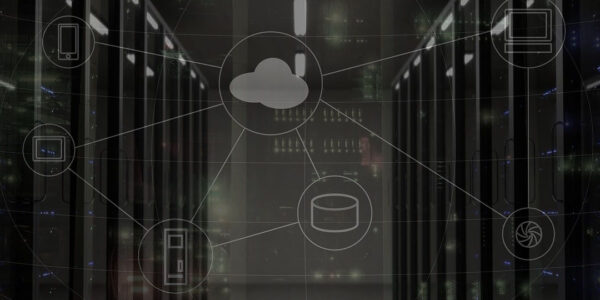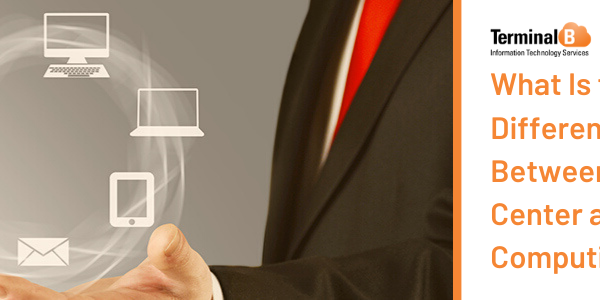FAQs About Cloud Asset Management
Cloud asset management has become the industry standard and for good reason. From protecting your data to providing access, utilizing the cloud to store your company’s data makes sense.
However, some people still have questions about the safety and security of using the cloud. Here are answers to some frequently asked questions:
What is the cloud?
The cloud is a collection of remote servers that are used to store, manage, and process data. Cloud asset management refers to the process of managing these assets.
How does it work?
Cloud asset management works by storing an organization’s data, applications, and other digital assets in a remote location known as the “cloud.” Storing data this way provides organizations with increased security, scalability, and flexibility.
Why should I use it?
There are many reasons why you should consider using cloud asset management. One of the main benefits is that it can help you save money. It can also help you improve your company’s security and compliance posture.
What are the benefits?
Cloud asset management provides many benefits, including:
- Cost savings: It can help you save money by reducing the need for on-premises hardware and software.
- Improved security: It can help improve your company’s security posture by providing control over data access and by encrypting data.
- Improved compliance: You can help improve your company’s compliance posture by providing a central repository for data and by auditing data access.
Is my data safe in the cloud?
Yes, your data is safe in the cloud. In fact, it’s more secure than keeping it on your premises. Cloud providers have strict security measures in place to protect your data. And, if you choose a reputable provider, they will have a team of security experts constantly monitoring the safety of your data.
What happens if my internet connection goes down?
If your internet connection goes down, your data will still be safe in the cloud. Cloud providers have multiple servers located around the world. So, even if one server is down, your data will still be accessible from another server.
How do I know who has access to my data?
When you store your data in the cloud, you have complete control over who has access to it. You can give different levels of access to different people and you can revoke access at any time.
What if I need to delete my data?
Deleting data from the cloud is just as easy as deleting it from your own computer. You can delete individual files or you can delete your entire account if you no longer need it.
What are the challenges?
Cloud asset management can present some challenges, including:
- Security: Cloud asset management can provide improved security, but it is important to ensure that data is properly secured and users don’t compromise company security protocols.
- Compliance: While cloud asset management can help improve compliance, you need to ensure that data is properly audited.
- Management: It can be complex, and you should have the right tools and processes in place to manage data effectively.
Cloud asset management has become the industry standard for managing data and it is a powerful tool that can help you save money, improve security, and improve compliance. For more information, schedule a consultation with Terminal B.


